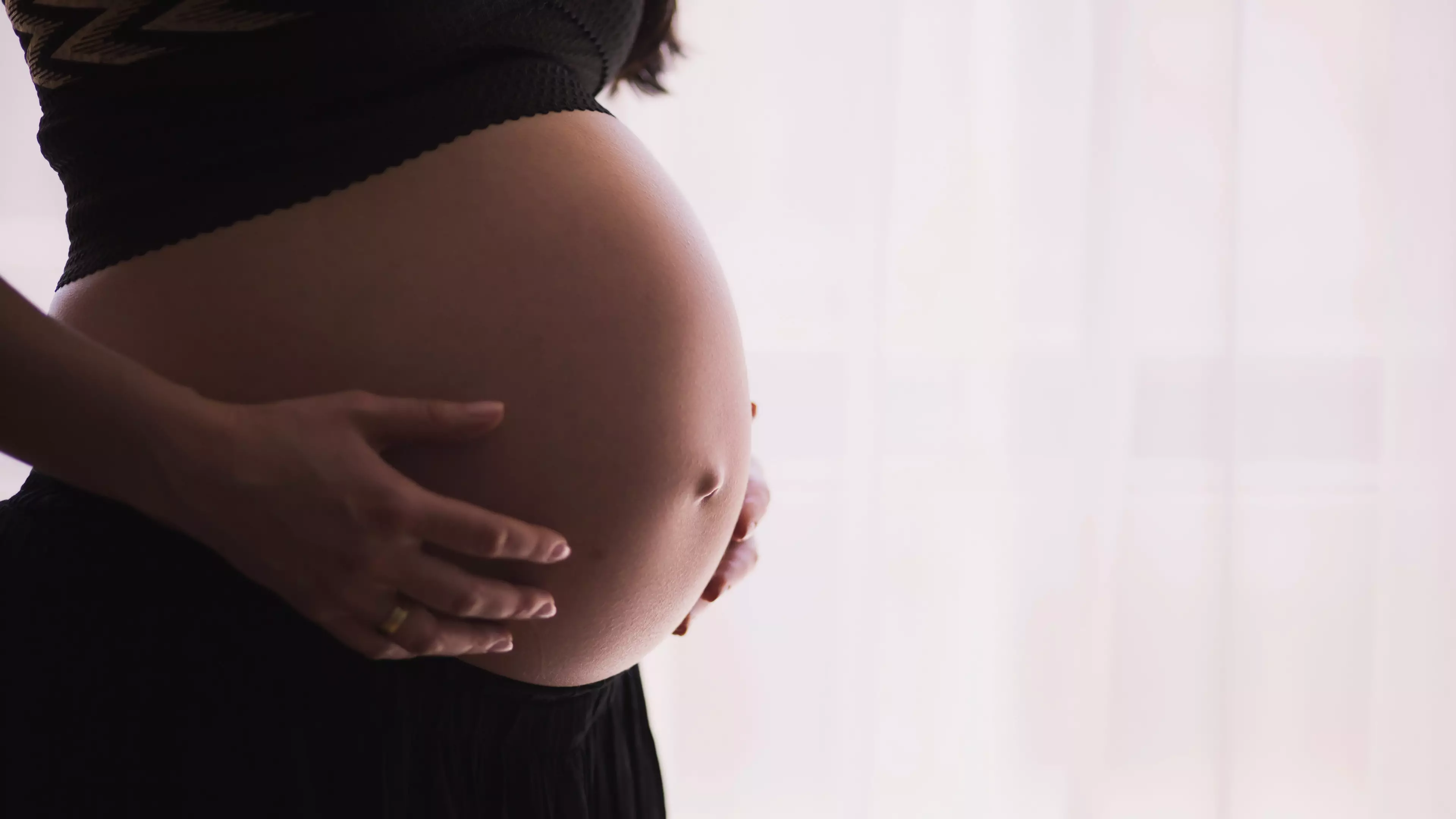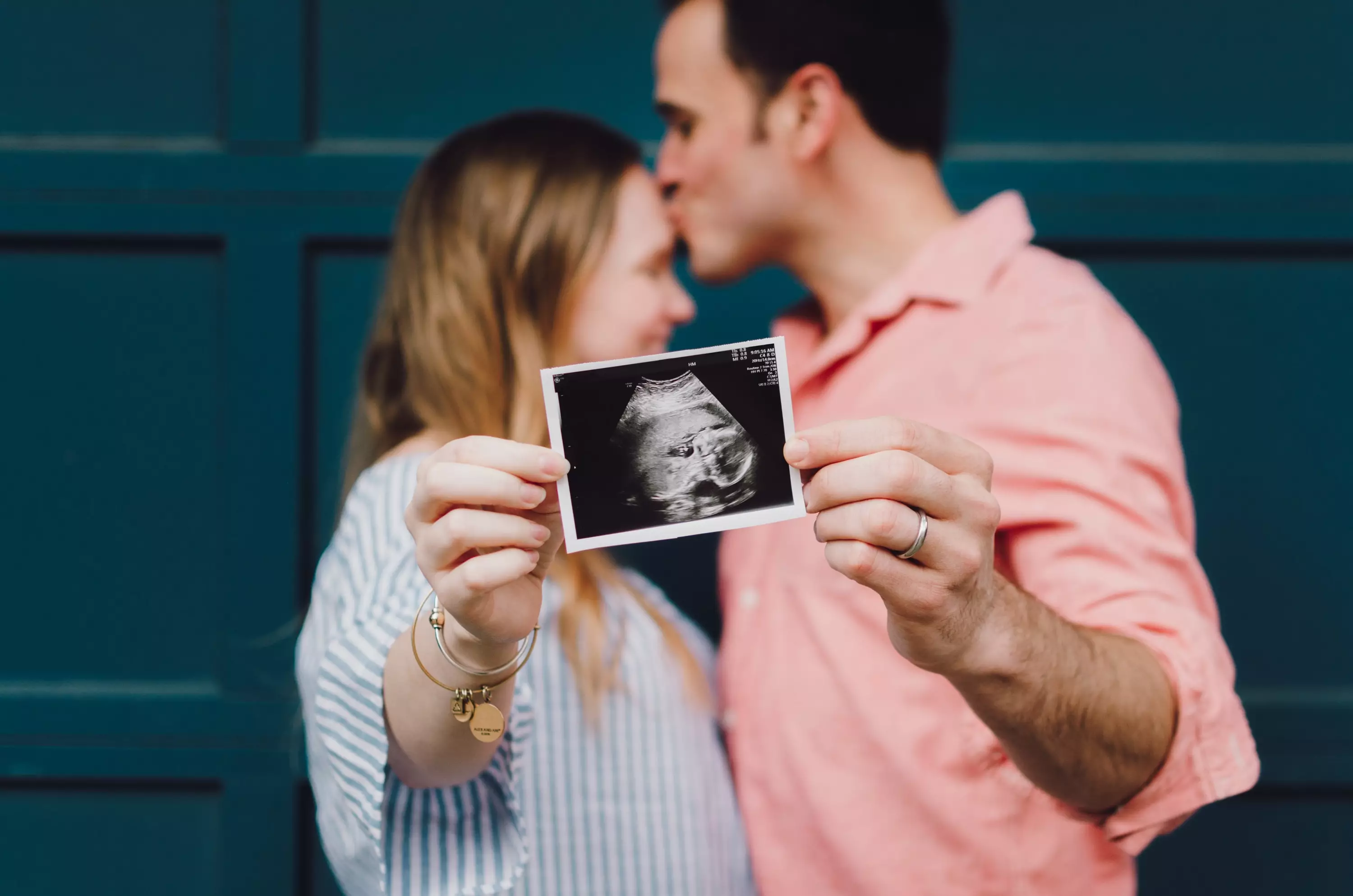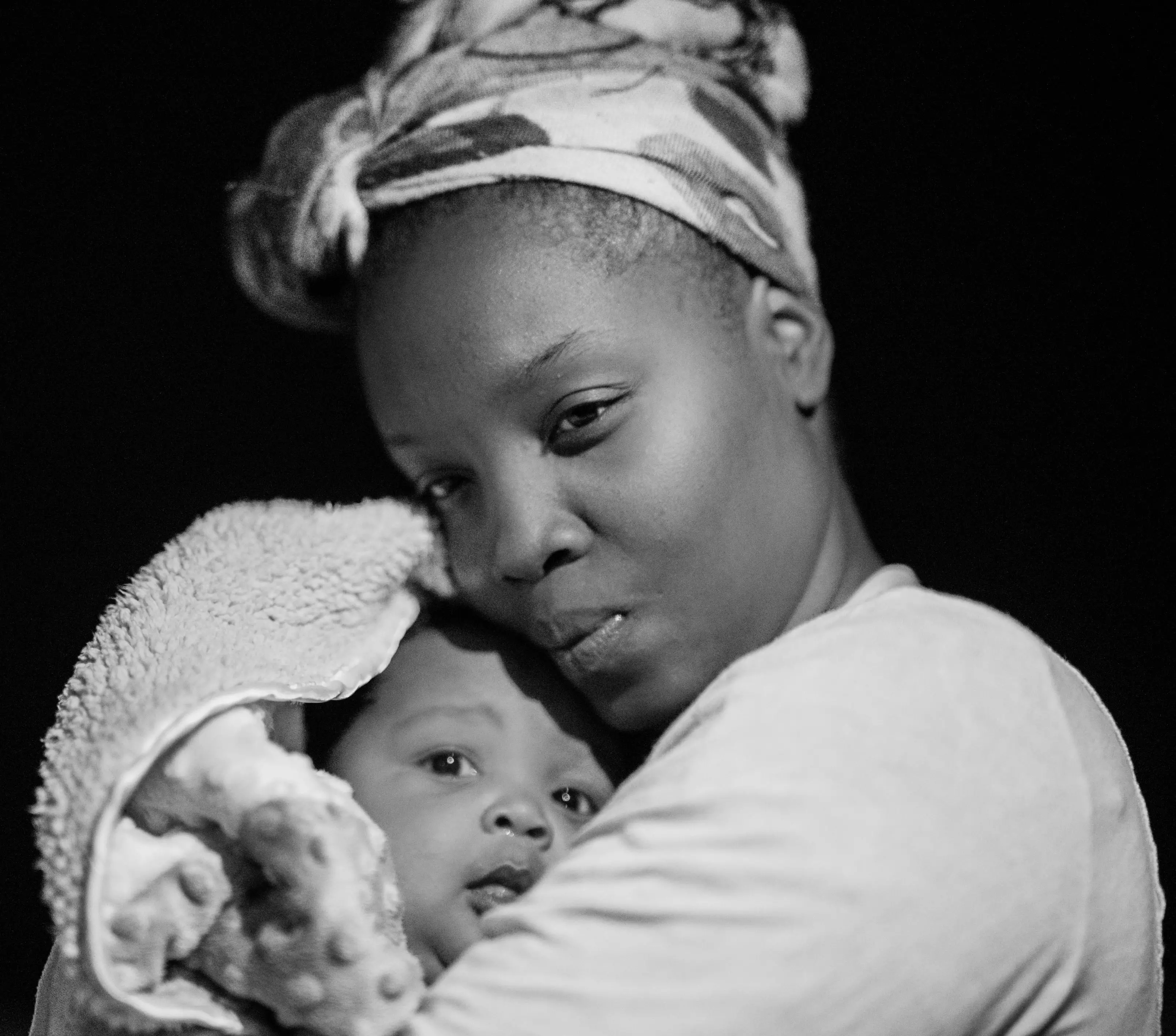
Pregnant women or new mothers experiencing 'baby brain' can take solace that they'll be rewarded later in life.
That's according to a new study which says having children makes women mentally sharper in their later years.
While pregnant, certain parts of women's brains shrink back and others expand to prepare for looking after babies (amazing creatures aren't we?). This can leave women feeling forgetful, with poor concentration and absentmindedness.

However, new research involving over 12,000 British women found those with children had younger looking brains in middle age, compared to those who had never given birth.
Advert
The study, published in the Proceedings of the National Academy of Sciences journal, took into account factors such as genetic variations and other factors like education level and BMI.
"Pregnancy may involve neural changes that could influence women's brainageing later in life," said study lead author Dr Ann-Marie de Lange, a psychologist at Oslo University.
She went on: "Maternal brain adaptations have been found across pregnancy and postpartum (immediately after birth). But little is known about the long-term effects."

Analysing the brains of 12,021 participants, the results showed people began losing neurons in their 20s, but mothers showed less evidence of ageing that their childless peers.
Advert
"Pregnancy is one of the most dynamic periods in a woman's life - involving a remarkable potential for brain plasticity that promotes cognitive and emotional adjustments to the new-born," Dr Lange added.
"We provide evidence for a relationship between the number of childbirths and brain ageing.
"Hormonal profiles are thus likely to contribute to maternal brain adaptations during pregnancy and postpartum, and their fluctuations may have implications for brain aging later in life."

"Another proposed mechanism for enduring effects is the long-lasting presence of foetal cells in the maternal body," said Dr Lange.
"This provides an avenue for biological interactions between foetal and maternal cells long after delivery.
Advert
"In an evolutionary framework, this has been conceptualised as a mother-offspring negotiation, providing an intriguing link to the maternal immune system.
"There is strong evidence for a crucial role of immune factors in pregnancy, which represents a state of low-level inflammation characterised by a balance between anti-inflammatory and pro-inflammatory chemicals.
"Pregnancy is known to influence and modify inflammatory disease activity and symptomology in conditions such as multiple sclerosis, asthma, and rheumatoid arthritis."

The study summarised by saying: "Pregnancy is one of the most dynamic periods in a woman's life, involving a remarkable potential for brain plasticity that promotes cognitive and emotional adjustments to the newborn."
Advert
Fascinating, huh?
Featured Image Credit: UnsplashTopics: Pregnancy, Science, maternity, Baby, Life News, Mums, Parents